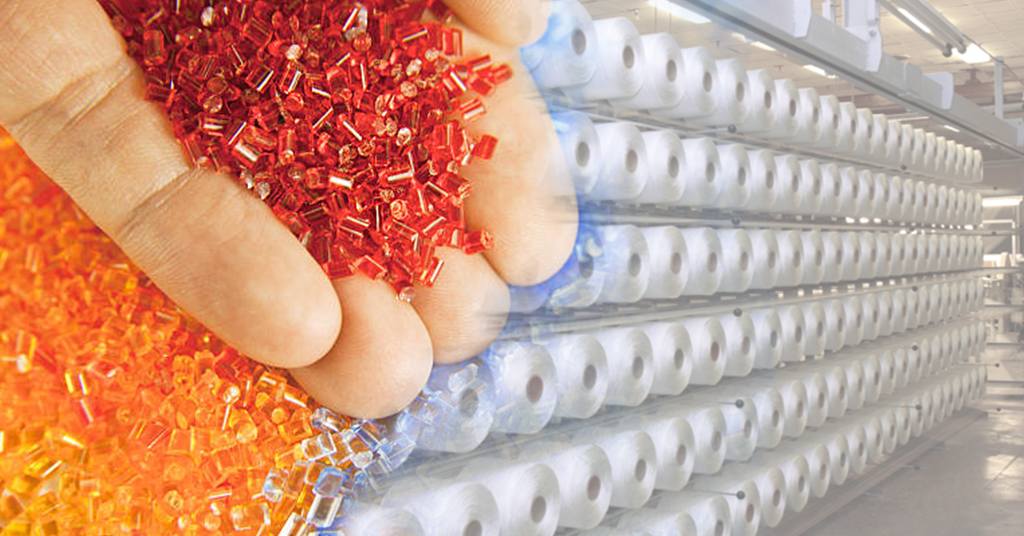Welcome To ChemAnalyst

As the new year unfolds, the Polyalphaolefins (PAO) market is grappling with a sustained decline in prices, primarily attributed to sluggish orders from the downstream automotive lubricant manufacturing sectors. The weakening business activity in the German market has further intensified the challenges, casting a shadow on the demand for PAO. The German market, a pivotal player in the global PAO industry, has experienced a decline in business activity, exacerbating the weakness in demand for PAO. Germany's traditionally robust manufacturing sector, particularly in the automotive industry, has been impacted by economic uncertainties, contributing to the overall contraction in PAO demand. The driving force behind the continued price decline can be traced back to the subdued orders received from the downstream automotive lubricant manufacturers. As the automotive industry faces its own set of challenges, including supply chain disruptions and decreased consumer spending, manufacturers have scaled back their production, consequently reducing their demand for PAO. Consequently, workforce reductions were limited to the manufacturing sector, which experienced a decline in employment for the several months, marking the swiftest rate within this ongoing sequence. As of the fourth week of January 2024, the settlement price for PAO with an 8cSt viscosity stood at USD 2830 per metric ton on a FOB Dusseldorf basis.
Further, the decrease in demand was observed, companies noted customer reluctance influenced by elevated financing expenses and geopolitical uncertainties. The deceleration in Germany's economic activity persisted, primarily attributable to reduced global demand, although the impact of declining export orders moderated to its least severe level in nine months. Certain reports have highlighted that the German economy is still grappling with a recession, and any anticipation of growth in 2024 appears unlikely. This pessimistic outlook is attributed to subdued business prospects and lingering geopolitical uncertainties casting a shadow over the economic landscape.
Moreover, the European Central Bank (ECB) opted to maintain interest rates at a record-high of 4% with no indications of an imminent easing. Any potential shift in the ECB's stance is anticipated during the March meeting, coinciding with the release of new economic projections. This change in tone may pave the way for a rate cut, expectedly in June. Discussions of this nature are poised to elevate consumer confidence in the German market.
The prevailing market conditions indicate that the PAO industry is likely to encounter challenges in the foreseeable future. The industry's reliance on the automotive lubricant manufacturing sector, coupled with economic hurdles in crucial markets such as Germany, presents a significant obstacle for PAO producers. Fresh concerns loom over Germany's export industry as trade disruptions, stemming from Houthi attacks on shipping in the Red Sea, emerge as a destabilizing factor. The impact of these attacks poses new challenges to Germany's ability to navigate international trade, raising uncertainties about the resilience of its export sector.
We use cookies to deliver the best possible experience on our website. To learn more, visit our Privacy Policy. By continuing to use this site or by closing this box, you consent to our use of cookies. More info.
